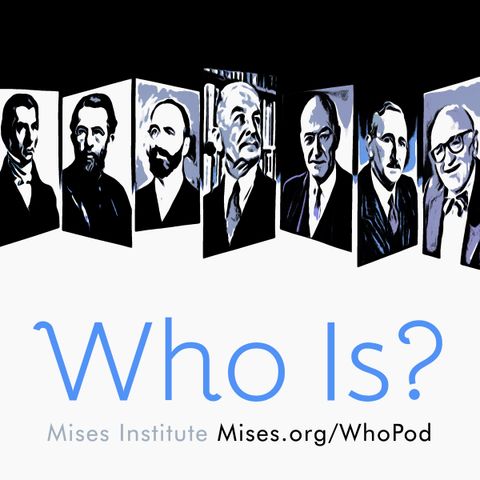
Contacts
Info
Mises Institute scholars present the highlights in the life and work of major contributors to the development of the Austrian school of Economics. The list of trailblazers includes familiar names...
show more
Mises Institute scholars present the highlights in the life and work of major contributors to the development of the Austrian school of Economics. The list of trailblazers includes familiar names...
show moreInformation
| Author | Mises Institute |
| Organization | Chad Parish |
| Categories | Entrepreneurship , History , Philosophy |
| Website | www.spreaker.com |
| media@mises.com |
Copyright 2024 - Spreaker Inc. an iHeartMedia Company
